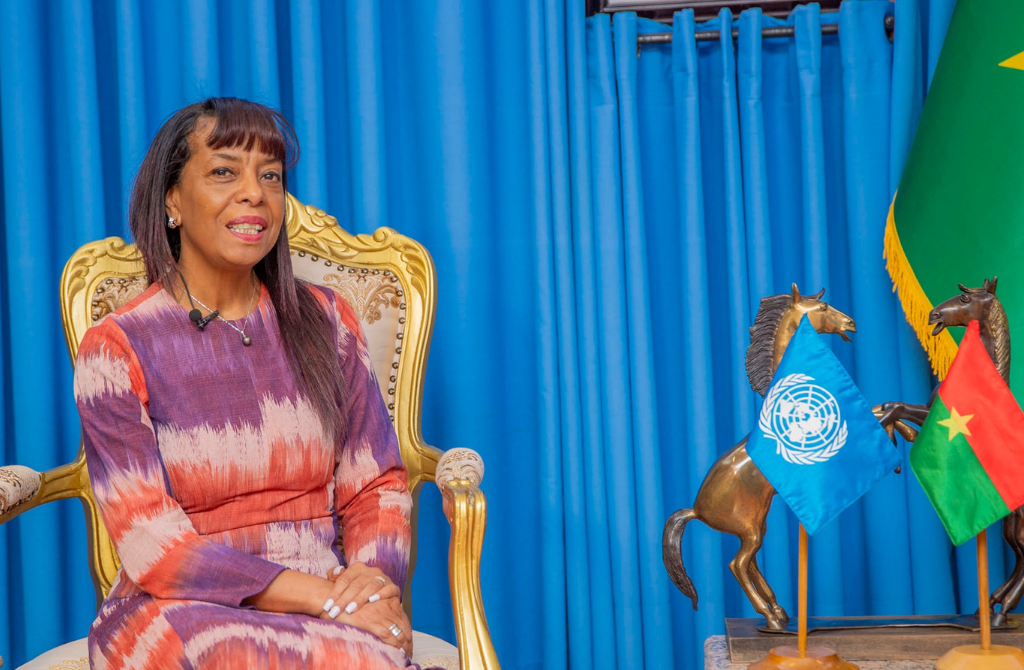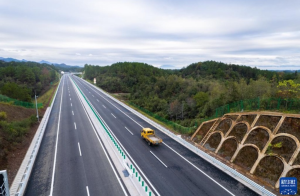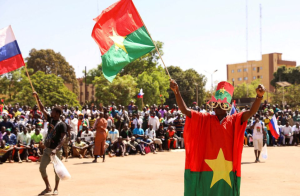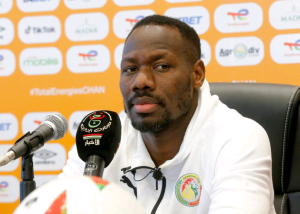Burkina Faso expels UN diplomat in sovereignty clash over conflict report

Ouagadougou has declared UN Resident Coordinator Carol Flore-Smereczniak persona non grata following a bitter dispute over a controversial report on children in armed conflict. The move signals deepening rifts between African nations and international institutions over narrative control in security crises.
The breaking point
The Burkinabe government rejected the UN’s “Children and Armed Conflict in Burkina Faso” report as a unilateral document crafted without national consultation.
Officials condemned its “unverified sources” and equating of state security forces with terrorist groups – a red line for a country battling jihadist violence since 2015.
Sovereignty vs. international norms
This expulsion crystallizes the ongoing growing pushback of Africa against what many see as paternalistic UN methodologies.
The transitional government of Burkina Faso, which has increasingly asserted autonomous security policies since its 2022 coup, framed the decision as defending national dignity.
“We won’t tolerate our child protection efforts being distorted through biased lenses,” stated a foreign ministry communiqué.
Broader implications
The crisis exposes widening fault lines:
- African states demanding co-authorship of international assessments
- Rejection of “one-size-fits-all” human rights reporting
- Shifts toward bilateral over multilateral security partnerships
This case could set a precedent. It calls into question the model of cooperation between sovereign African states and international institutions, which are often judged to be too vertical.
In the case of Burkina Faso, this strong gesture of national reaffirmation is part of a wider process of reconfiguring partnerships and refocusing on endogenous priorities.
The current crisis between Ouagadougou and the UN is a reminder of something essential: no lasting peace can be built without mutual respect and recognition of internal efforts.
International partnerships must now evolve towards genuine horizontal cooperation.
Émile YEMPABE






